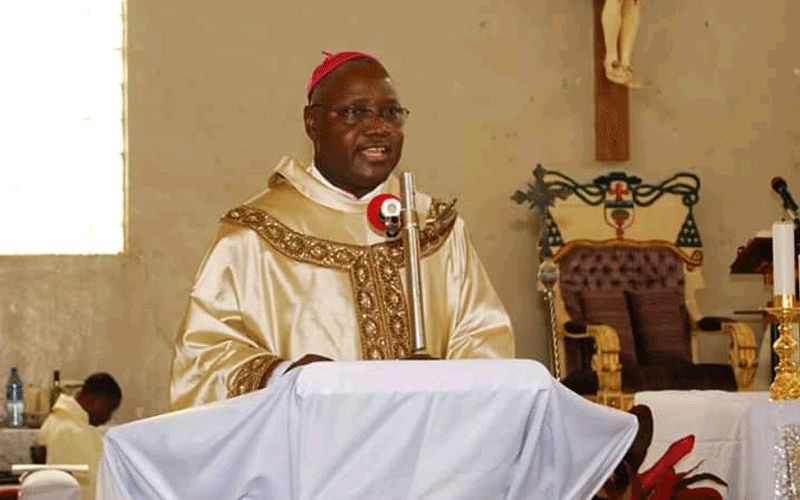Abuja, 27 July, 2020 / 9:55 pm (ACI Africa).
Reports of “pervasive corruption” and manipulations of leaders “craving for power” in Nigeria are concerns, which an Archbishop in the West African nation has voiced against, terming the trend as scandalous, mind boggling, “terribly worrisome and unfortunate.”
“The recent revelations about pervasive corruption in some government sectors are terribly worrisome and unfortunate,” Archbishop Ignatius Ayau Kaigama of Nigeria’s Abuja Archdiocese said Sunday, July 26 during a televised Mass at St. Agnes Parish, Wuye.
Archbishop Kaigama added, “The cost of governance in our country and the expenditures on partisan political strategies to "capture" power are scandalous in the face of a pandemic of poverty.”
In Africa, he said, “the craving for political power among politicians and even some religious leaders and the manipulations to achieve it is mind boggling.”
“In the process, there are threats to life, unjust judicial pronouncements, buying votes or electoral and security officials, promoting the dubious interests of godfathers, dealing unfairly with political opponents and when power is "captured", the accumulation of so much wealth at the expense of the ordinary people,” the 60-year-old Nigerian Archbishop lamented.







